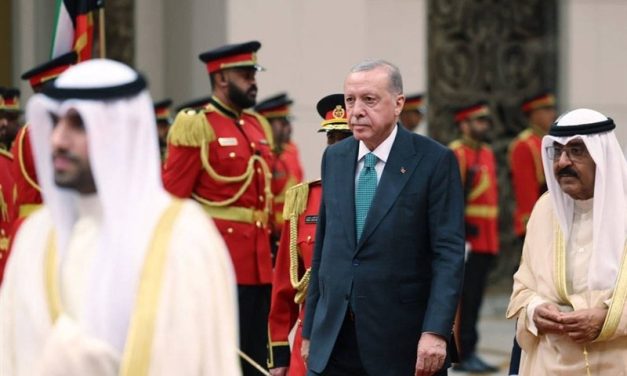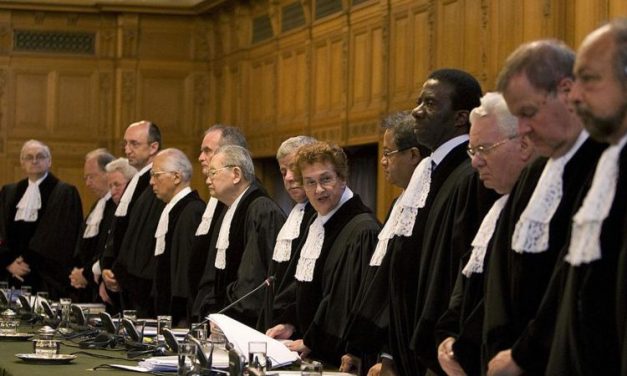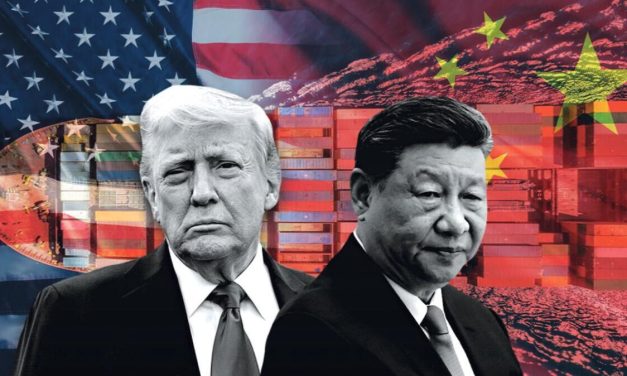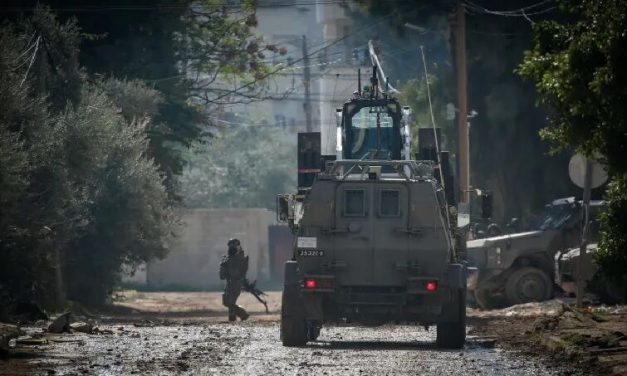Jafar Qannadbashi, in an interview with the Foreign Relations Strategic Council website, stated: “The Israeli regime’s military presence in southern Damascus and the border areas between Syria and occupied Palestine, as well as its support for Druze separatist movements, runs counter to Turkey’s policies and even violates secret agreements with Ankara. This is especially true given that the Israeli regime seeks to connect Druze-populated areas in southern Syria, pushing for larger regions in southern Syria to secede from the country.”
According to this expert, although the Israeli regime’s actions could be interpreted as an attempt to create a buffer zone between Syria and occupied Palestine, given the Zionists’ declared objectives of establishing the “David Corridor” and encroaching on northern Syria, Ankara is deeply concerned.
He added: “This interventionist and expansionist move by the Israeli regime in Syria severely weakens the Julani-led government, which is fully backed by Turkey, and will consequently undermine Turkey’s regional standing.”
The expert noted that Turkey is not alone in this arena, explaining: “Arab governments such as the UAE and Saudi Arabia, which also support Julani, are deeply concerned about the developments in Syria and view the Israeli regime’s actions as an attempt to diminish their political credibility and influence in the region.”
Regarding the internal risks and consequences of recent events in Syria, Qannadbash said: “One major concern is the growing divisions among factions within Julani’s government, who view his silence and inaction in the face of Zionist occupation as a betrayal of his past stances—a humiliating and compromising move. This means that both the Turkish government and other Arab states supporting Julani fear that their backed administration in Syria may collapse due to these rifts, jeopardizing their goal of establishing a friendly government.”
Given that some political analysts are skeptical of Ankara’s diplomatic stance, pointing out that Erdogan’s government is unwilling to take a clear position against the Zionist regime, Qannadbashi elaborated: “Ankara faces significant challenges in deciding its next steps due to its NATO membership and alliance with the U.S., as well as the risks of military intervention in Syria. Moreover, Turkey feels threatened by Syrian Kurds, who are now in a stronger position, making any military action risky.” According to the expert, the Kurds may exploit this opportunity to advance their agenda.
Qannadbashi further stated: “Overall, countering the Israeli regime’s policies is complicated by the fact that any opposition to it equates to opposing the U.S. and NATO policies, leaving Ankara struggling to choose an appropriate response to the ongoing actions in Syria.”
The West Asia expert also noted that by inciting Druze factions, the Israeli regime has further complicated Turkey’s position: “Even if, by some slim chance, an agreement were reached between Turkey and the Israeli regime, the Druze would obstruct it. Given the resurgence of ethnic hostilities in Syria, such an agreement would be ineffective in stabilizing the country.”
Qannadbashi concluded by saying that Ankara likely never anticipated that its support for toppling Bashar al-Assad and establishing a friendly government in Syria would lead to such dangerous political, social, and military consequences. He added: “Due to ethnic tensions and the risk of separatism in Syria, the future of Turkey’s successful presence and influence in Syria appears bleak, with its prospects fading. Thus, Ankara may now only hope that the developments in Syria do not spill over into Turkey.”










0 Comments